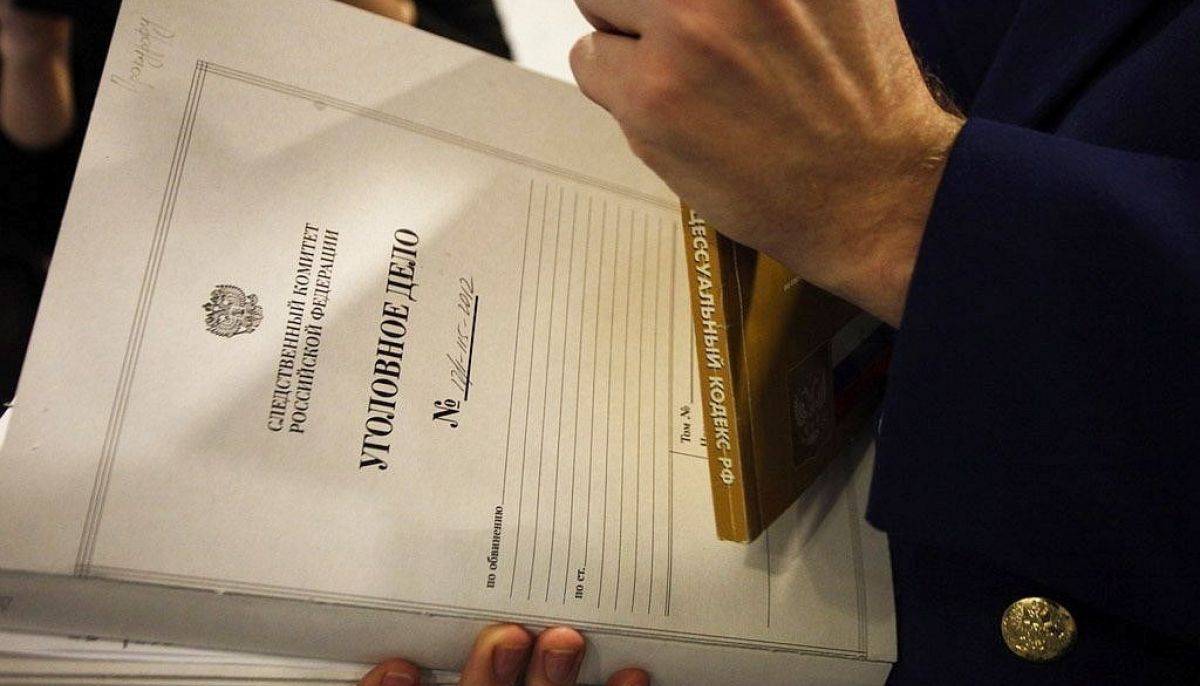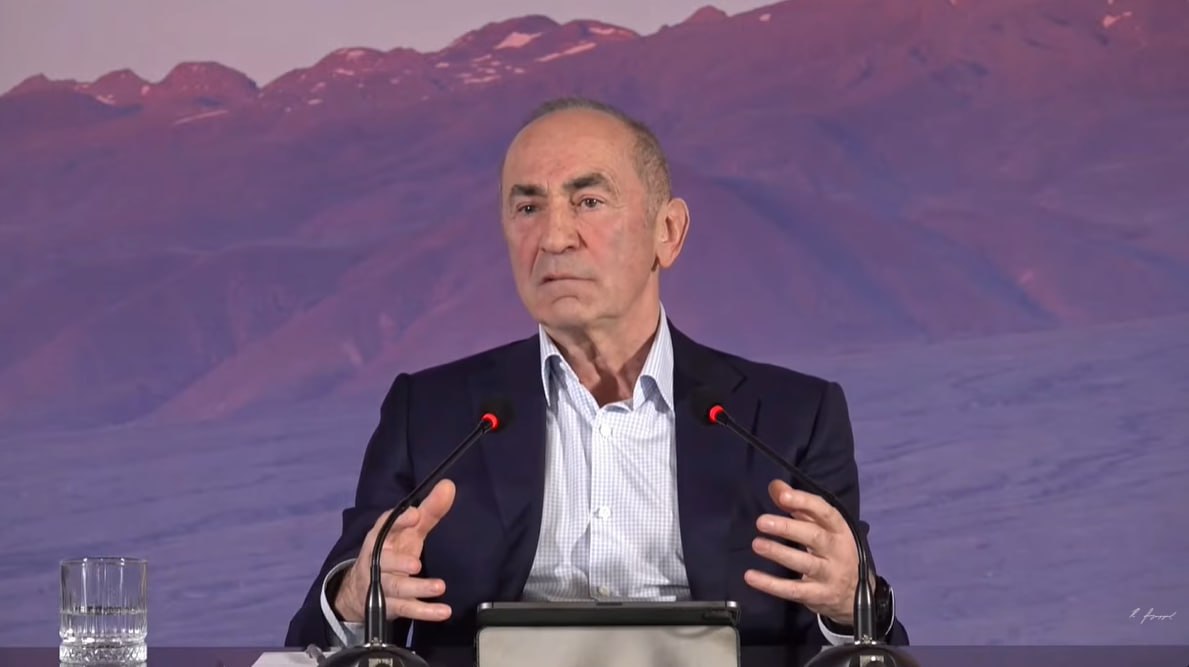A second administrative case has been opened in Chechnya in Russia for searching for "extremist materials" online. The case was registered by the Naursky District Court, and local resident Isa Magomadov is listed as the offender.

On March 16, it became known that the judicial investigation in the case of Apti Visaev, a native of Chechnya, accused of inciting a terrorist attack and illegal possession of weapons and explosives, was being transferred from Krasnoyarsk to Khabarovsk. This will seriously complicate the defense of the defendant, his representatives note.
Visayev’s case became resonant thanks to the active position of his wife Aisha Mutaeva, who became his representative, covers the process in detail on social networks and tells the media about inconsistencies indicating falsification of the charges.
37-year-old Apti Visaev had previously served a 14-year sentence on charges of illegal arms trafficking, attempted murder of Russian security forces and terrorist attacks. In court, he stated that he was forced to sign a confession by torture.
Upon his release, he got a job, married a widow with four children and, according to the elder of the Chechen community of Norilsk Igor Dashkuev, devoted all his time to work and family. According to him, after his release, FSB officers convinced him to work for them, to inform about fellow countrymen living in the region. But Visaev refused and, perhaps, that’s why he became involved in a new case.
In April 2020, when he and his family were in Pyatigorsk, FSB officers detained him on charges of inciting a terrorist attack - he allegedly persuaded his friend to detonate a bomb during the May 9 parade in Norilsk. Meanwhile, due to Covid restrictions, no parades were held that year. While Visaev was being interrogated in Pyatigorsk, a search was carried out in his apartment and the basement of a house in Norilsk and they allegedly found prohibited literature, instructions for making explosive devices, its components and cartridges. Visaev's wife presented the court with a certificate of flooding of the lower apartment. Apparently, while the family was in Pyatigorsk, someone entered their home, leaving the balcony open. As a result, the pipes froze and burst, which caused the flood. However, neither the utility workers nor the family friend who was cleaning the bathroom after their visit noticed gunpowder under the bathtub, which was later seized from under the bathtub during the search.
The main evidence of the accusation was correspondence with a certain Bekkarimov, whom Visaev allegedly persuaded to commit a terrorist attack. According to Aisha Mutaeva, there is a lot of evidence that it was falsified, but requests for technical verification of the accounts were rejected, and the phone with correspondence and tags with the signatures of the experts who seized the phone disappeared from the case.
Even during the investigation, Visaev was transferred from the Norilsk pre-trial detention center to the Krasnoyarsk one. His wife and children moved to Krasnoyarsk to help him with his defense and attend court hearings. However, in March Visaev was transferred again - this time to Khabarovsk. His case continues to be considered by the 1st Eastern District Military Court of Khabarovsk. Thus, Aisha Mutaeva will have to pay for her lawyer’s air travel for each meeting.
In April, Visaev, through his lawyers, spoke about the tortured conditions in which he was being kept in the pre-trial detention center: a cell for two, 6 square meters, no ventilation. He is not given a blanket and the mattress is so thin that he sleeps on iron bars.
Meanwhile, one of the prosecution witnesses, Ibragim Gazarchiev, who had previously stated that he was being pressured to give false testimony against Visaev, absconded from testifying and left Russia.



